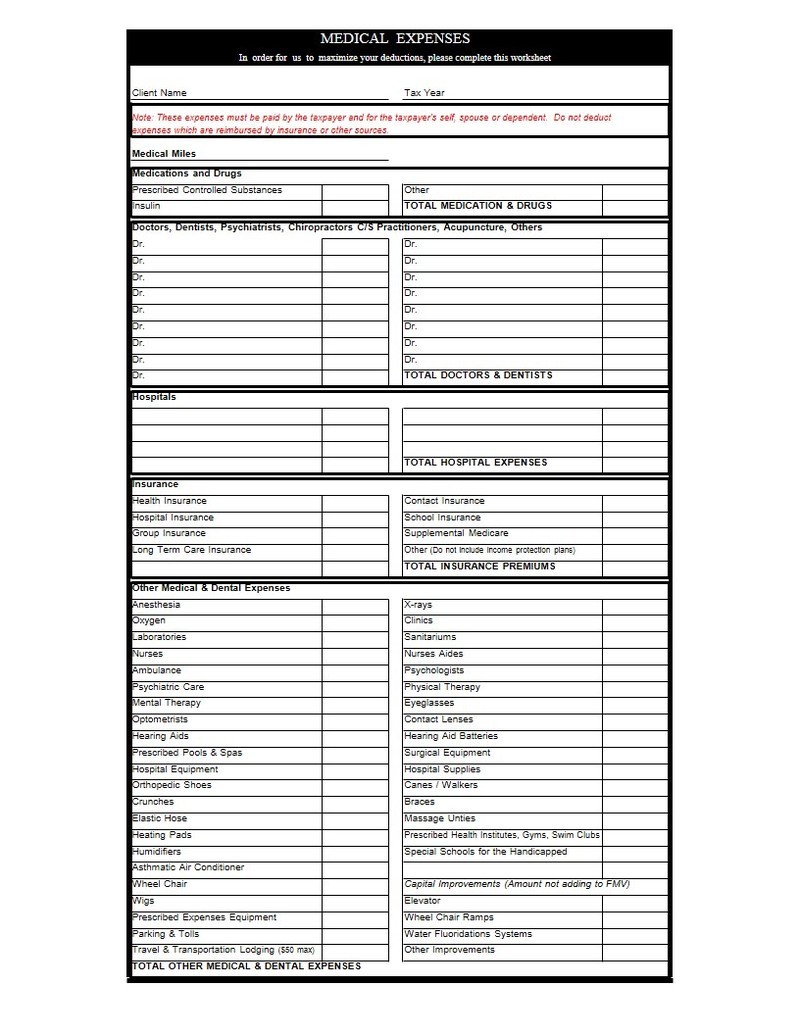

Calculate the medical expenses tax offset This generally refers to your spouse and children but may also include other dependants. You should keep documents that relate to you, as well as for your dependants. statements from the NDIS or a private health fund.documents for any payments made to residential aged care facilities.

receipts from an approved care provider for in-home care expenses.receipts or other documents to show the medical expenses you claim – for example, payment for prosthetics or a wheelchair.You need to keep records for the income years you claim this tax offset. If you receive a reimbursement amount as part of a compensation payment, you generally don't have to reduce your eligible medical expenses. You must reduce your eligible medical expenses if you receive a reimbursement from either: National Disability Insurance Scheme (NDIS).Net expenses are your total eligible medical expenses minus refunds you, or someone else, receive from either: You could claim the medical expenses tax offset for net eligible expenses relating to: The offset is not available from 1 July 2019. The medical expenses tax offset was available from the 2015–16 to 2018–19 income years. Calculate the medical expenses tax offsetĮligibility for the medical expenses tax offset.Eligibility for the medical expenses tax offset.Check if you can claim a medical expenses tax offset from 2015–16 to 2018–19.


 0 kommentar(er)
0 kommentar(er)
